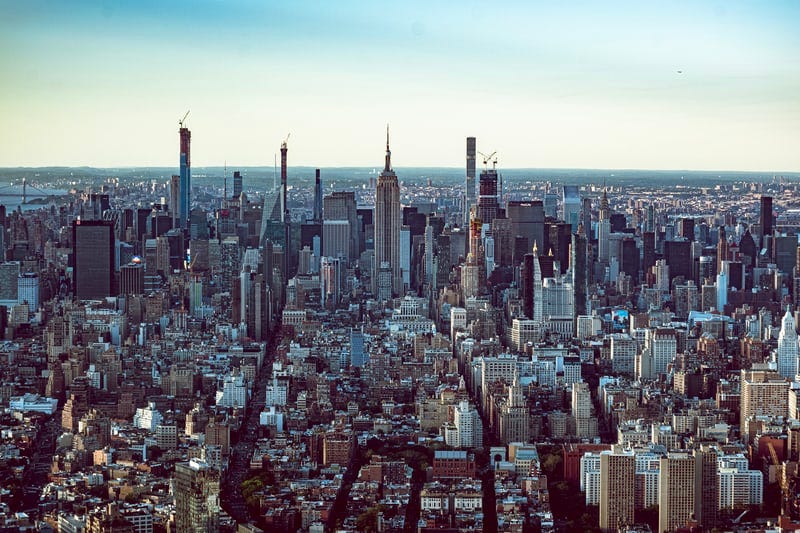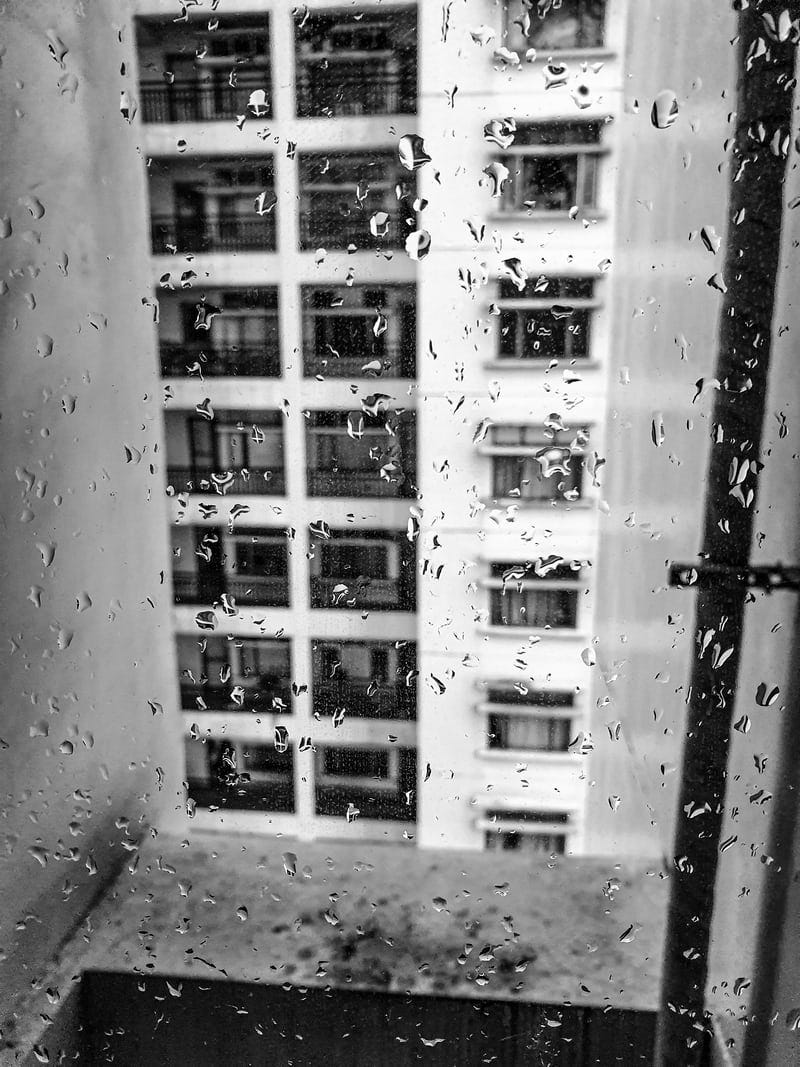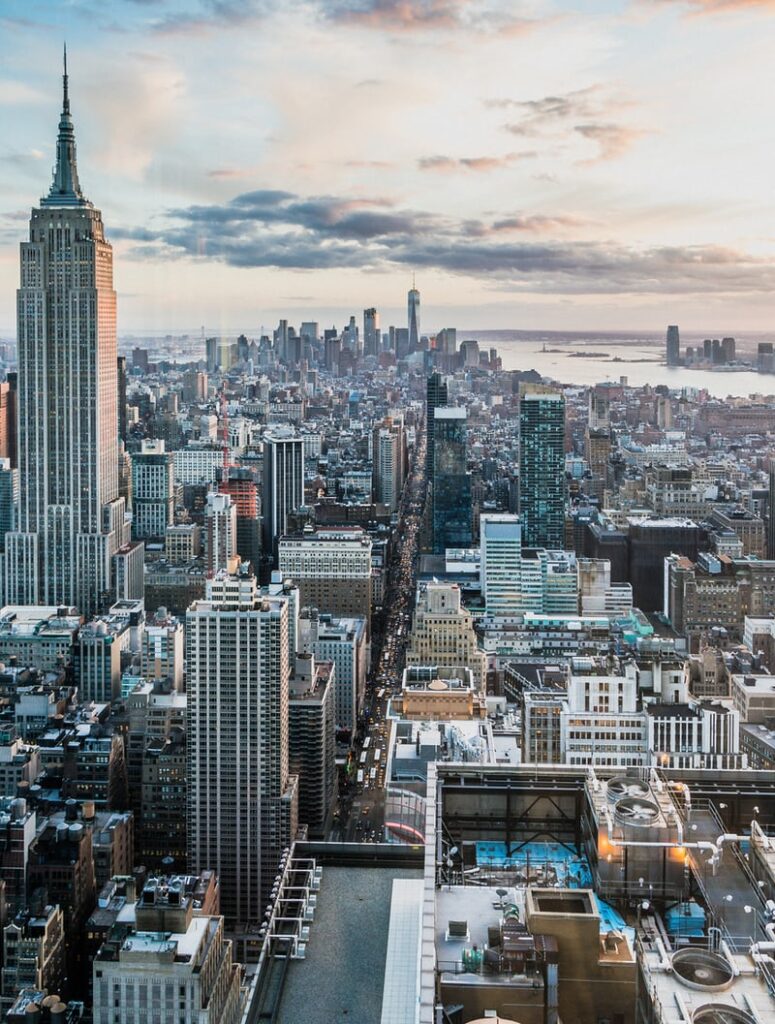And no. Majority of the buyers aren’t the ones you only hear of in the media.
Real estate is having its best year yet. The median home price in the U.S. has skyrocketed to a new record up 22.9% from the prior year to $363,300. With limited inventory and ravenous demand, at this point in time, only certain buyers will pay double the asking price for a property to just take advantage of a newly-renovated one-of-a-kind. It is also a time when many will end up regretting their purchases.
This is clearly a seller’s market and during this time, it’s recommended not to buy despite sellers wanting to move out themselves ending up paying more for a bit bigger space that won’t fill their needs. The truth is, if you are buying a home during this time it is most likely for the wrong reason. The reason being the Fed doesn’t have plans on easing their easy money policies of low-borrowing costs and mortgages rates.
When there’s a sale, people tend to buy what they don’t need and when it comes to purchasing a property, the most expensive and emotional purchase one will make in their adult life, there’s no going back.
Sure, today you might want a luxurious pool to hide away from the delta variant but next year when your boss requires you to be back in the office, the kids will be at summer camp all summer with an olympic size pool, the family wants to travel again with the last destination as their home and by the time you know it, the kids move out, parents hunker down and end up moving to a smaller more affordable place for retirement.
Buying a property is no easy decision especially when most deals are snagged which seems to be the case with empty vacant sky high apartments that are seemingly out of most peoples’ budgets.
So who’s up there?

City High-Top
24 hour cities such as NY to LA are coming back and better than ever. NYC recorded its highest daily subway, traffic and building occupancy counts in months last week. 18 hour cities certainly got a comeback and became hot during the pandemic as workers relocated to lower cost of living areas, preferred more outdoor space, better quality of living and as all of us do, bang for their buck.
Some of these booming towns include Montana, Louisiana, Nashville and Boulder.
As wealthy city dwellers vanished for the past 15 months, this led prices and rents to drop as demand was low in cities that depended on tourists and commuters. This led New York in particular to loose its purpose and became dangerously quiet and lonely.
Reversed Escape
Yet an unlikely crowd came when everyone vanished and went house hunting above the 30th floor above the clouds never to be seen.
These individuals and entities are the main buyers of hidden overpriced skyscrapers. NYC, Miami and Los Angeles have been their prized possessions since the Housing Crash in ‘08.
These folks aren’t noticed since they live and breathe the stealth wealth lifestyle. They are unrecognizable to point out living in these luxury high rises for a few months out of the year and the most mysterious part is that they don’t include Bezos or Beyonce.
After all, perception isn’t reality. To save yourself, live and look below your means but live in tranquility. Read here why real wealth is tied up in a ‘prized asset’.
Currently as prices have flipped and are rising in the city with more Hamptoners and tourists venturing out again, skyscrapers have never been so vacant and off-the market.
But Ralph Lauren can’t be buying another place can he and tourists don’t want to be here full-time right?
Whenever I walk pass Park Ave or Bowery Park I ask myself staring up at a 100 story building like a kid watching a plane, who can realistically afford and rationally pay a whooping $8k to $100k per month on a studio to 4 bedroom?
That is a total rip off for most and only for irrational folks who have an abundance of money and have nothing better to do than spend it on a high-rise of a space flight.
With over 20k units asking for more than $12k and above on this tiny island for a 2 bedroom, I had to dig into this and identify who these mysterious buyers really are.
Are they even wealthy?
Do you require special assess or admission into this building?
Is there a waiting list?
Are only the top 1% hiding up there amongst the clouds?
Are they secretly cheap but disguised as precious?
To a non-New Yorker, these questions seem foreign but in reality, they are most common and several of the questions I was asked when I purchased my rental and my family moved into our apartment.
For all I know, the wealthy know better than to spend that much on rent.
Or do they?
The rule of thumb in real estate is to rent luxury, buy utility yet in a cramped, noisy, dirty, expensive, smelly, bright city, that may not be the case.
There’s tranquility above the clouds that someone will pay anything for not just rent especially when multiple bidders are on the line.
So I went digging a bit. These are my findings I’ve gathered for several years now. As a lifelong New Yorker I can’t help but look up and wonder who is looking at my ant figure below.

Overpriced Buyer Candidates:
#1 International Buyers
A few years ago my family was debating on moving into an apartment building with 58 floors. We decided that would give us immense phobia and only worsen our fear of heights. Yet since we had an open-house booked, we wanted to peak inside and pretend as if we were going to purchase a unit.
During the open houses we attended in these newly built buildings, as most apartment dwellers, perceptive buyers and residents do, they like to quarrel and gossip especially since the higher the price, the more social the open-houses become. It’s practically a full-service event to beg you to buy a property but we weren’t that impressed nor enticed especially since we quickly realized there’s no cell service on the 61st floor. Also, they could’ve at least staged the property to visualize us living there. All we saw were hard-wood floors, empty rooms, some hidden appliances in the kitchen and the island of Manhattan. I guess the view is better than furniture.
We went on roughly 5–10 tours in similar buildings, the recommended amount before purchasing although we knew new buildings are usually worse than traditional lower level ones for security, functionality, and accessibility reasons and noticed some striking similarities amongst the perspective buyers.
What we noticed was that 9 out of the 10 buyers with their agents were from out of state, let alone the country.
We overheard they expressed to their agents they don’t care about the size or amenities a.k.a the main factors that justify the price. In fact many of them just asked for the tour via Zoom and offered to pay 100% in cash, seller’s favorite. They didn’t bother asking about the price, maintenance, utilities, etc. and when one couple from Turkey was in-person viewing the unit with us, they were looking out the windows taking pictures the whole time.
From what I found, they just care about location, title, brand name of the building and uniqueness “newness”. After all, the rich are all about scarcity and these international buyers were clearly wealthy although hard to tell since they were wearing Gap, masks (pre-pandemic), and New Balance Dad Shoes.
Another instance happened a few years later when I spoke to my international friends who go to college in NYC. I noticed many of their parents came here to visit their son/daughter multiple times a year. Not just for a few days but for a good few months. I assumed they would stay in a hotel but it would get costly quick and unsure why they couldn’t just FaceTime.
They said their parents bought a place in one of the most prized buildings in NYC for a few months as WFH bound. I knew that didn’t make sense as they resided in a country they are more familiar with. A few months later my friends disclosed over dinner their family works for a foreign government. Specifically in Russia to China the government can take control of anything, anytime. Foreigners park their money here, similarly to the system U.S. companies take advantage of via tax shelters/havens to reduce their corporate and income tax load parking their money in the Bahamas or Ireland.
Of course in America there’s no getting by without paying tax, but these international buyers are here to diversify their holdings instead. In case a Saudi Oil company goes after them for making too much or for no apparent reason did something they disliked, these families can’t prove they earned or have the money because its allocated in an apartment in Manhattan.
It sounded like a thriller. That’s some scary and treacherous business. At least we can learn a lesson from them to always diversify your holdings!
So don’t be allured or jealous of anyone living in these units.
Most of the time they are vacant waiting for their international residents to stop by and check their son/daughter at school or park their money here for safety reasons.
Government pays well but can be gone in a flash.
#2 Finance, Engineerng or Consulting Interns/Part-time Employees
Many firms that have their interns working grueling demanding yet exciting 80+ work weeks recommend they get a place nearby so they can work longer. Coincidentally and unfortunately, many of the buildings in Wall Street to Times Square are the most expensive in the entire city and newly developed due to their stunning views, space, quietness, vetted neighbors, are condos no co-op boards to deal with (great for foreigners to bypass) and are conveniently near work, the lucrative jobs.
But you may be wondering how do these fresh grads let alone interns have enough to dish out $10k on a place like this while not even being able to afford their tuition?
They don’t.
Many firms sponsor and or offer a place for them to stay for the season. They want them to be close so they can work more, commute less and as a reward/perk they pay close to almost all their monthly rent.
Paying for an intern’s rent doesn’t budge a C-suite company’s budget and that’s why most of the time these condos are vacant for the year. The company may buy the whole building and just rent it out during the peak sessions for the winter and summer internship while growing an appreciating asset: real estate.
#3 Non-Human Buyers: Brokerages, Real Estate Firms, Trusts, Institutional Investors (hedge funds, pension funds, colleges, financial institutions, insurance companies)
Similar to above, buyers aren’t just individuals. There are only so many individuals or families who will dish out or can afford $10k a month on a studio. Unless you are Ryan Seacrest or JLo, you won’t even be allowed to step foot into these luxury places. There are strict vetting processes, approvals, credit score checks, and references needed before getting admitted almost like a co-op without the interview. It’s practically a country club.
These places are vacant because no one is living in them.
Crowdfunding platforms from Fundrise to Crowdstreet just invested $30m in a subdivision in Texas to rent out to tenants. No one from the organization is living there and the whole complex has been empty for months until they put all 200 units on sale. From co-working spaces to a money pit, there are many options to invest in a high-rise beyond living there.
#4 Elevated, No Pun Intended, Offices
Lastly, since many of these buildings have tinted and bullet proof windows along with being too high up for a pedestrian to snoop into even with binoculars, yes I’ve done that, you can’t tell what’s inside or what it’s used for.
It usually won’t say residential or office building in front and most of the time the tallest buildings aren’t even livable in. I don’t know anyone who would be comfortable living on the 87th floor let alone 40!
Some of these fancy residential areas have turned into office co-working spaces since they have a lack of buyers, we’re talking about mostly foreign buyers. These spaces have transformed into a WeWork or have only a few top floors for residents and the rest a shopping center, Starbucks, restaurant and entertaining area.
There are many uses to a building they just aren’t revealed nor visible!
I hope this clears up some confusion on who is really buying these upscale petrifying sky high units. Now you don’t have to feel bad that America is better off than you. They would be with a little more education and patience, but with 18% not able to pay their rent and 59% with no emergency savings account, these prices aren’t reasonable for most of us.
And don’t worry, you probably won’t enjoy it up there anyway.
Trust me, it’s not comfortable nor safe.
The grass isn’t always greener on the other side.

